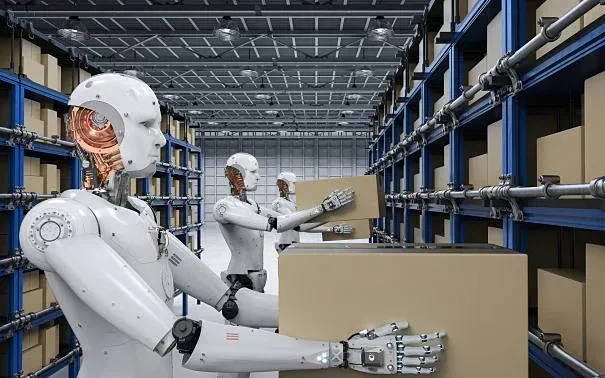
Photo: TL
Large-scale investigations with medical equipment and robots
The U.S. Department of Commerce said it has opened new national security investigations into imports of personal protective equipment, medical devices, robots, and industrial machinery. These are Section 232 investigations that the agency initiated on September 2 but had not previously announced.
The scope of the investigation is very wide: from masks, gloves, helmets, bandages, medical equipment such as ventilators, X-ray machines, blood glucose meters, to robots, lathes, laser cutters, welding machines and numerically controlled mechanical devices.
The Commerce Department asked the companies involved to provide forecasts of demand for robots and industrial machinery; an analysis of how much domestic production can meet; the role of foreign supply chains, especially from countries like China; and foreign government support through subsidies or “dumping-priced” exports.
If the investigation results show a risk to national security, the US could impose large additional tariffs on these imports.
The expansion of investigations under Section 232 is not new, as the US has previously applied it to many products such as wind turbines, heavy trucks, semiconductors, cars and metals.
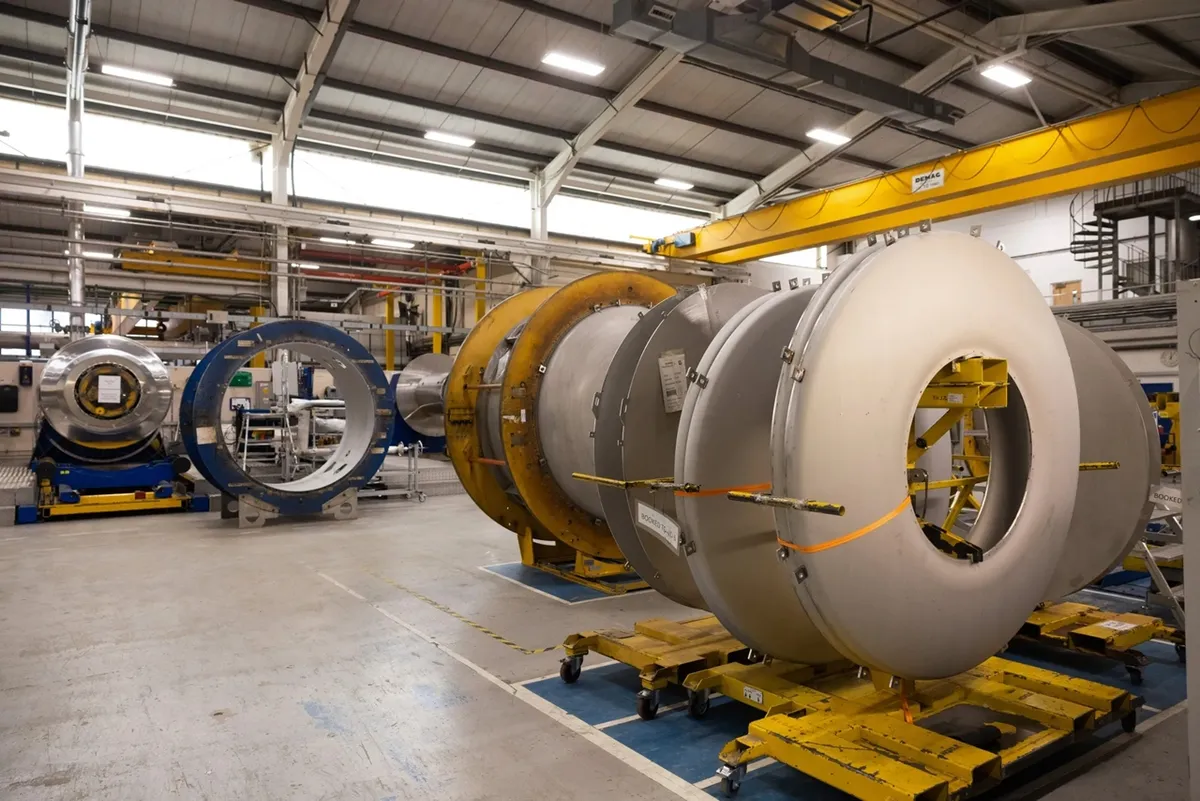
The administration of President Donald Trump has initiated investigations into imported robotics, industrial machinery and medical devices.
The US’s move to extend Section 232 comes amid growing global trade tensions. On September 24, the European Union (EU) and the US discussed the steel and aluminum tariff dispute on the sidelines of the ASEAN conference in Kuala Lumpur. The EU proposed a tariff quota mechanism to reduce confrontation, while Washington maintained a tough stance to protect domestic production.
Previously, from August 1, the US began implementing a new bilateral trade agreement with the EU: imposing a 15% tax on cars and components, while exempting a series of strategic products such as pharmaceuticals and aircraft components. This move shows that Washington is not only using Article 232 to tighten imports, but also considers it a bargaining tool in bilateral relations.
At home, the US economy is also showing signs of pressure. The September PMI showed a slowdown in manufacturing expansion; many businesses reported rising input costs due to trade barriers, while weak demand made it difficult for them to pass on the burden to consumers. This is proof that protectionist policies, while protecting some sectors, can still put pressure on the economy as a whole.
Section 232, originally designed to protect national security, has increasingly become a multi-layered economic and political tool. It has both strengthened Washington’s negotiating advantage and created new uncertainty for multinational corporations. For global businesses, including those in Vietnam, this development has forced them to more carefully calculate costs, supply chains and the ability to adapt to policy shocks from the US./.
Source: https://vtv.vn/my-mo-dieu-tra-thue-quan-voi-thiet-bi-y-te-robot-va-may-cong-nghiep-100250925094709429.htm


![[Photo] Many streets in Hanoi were flooded due to the effects of storm Bualoi](https://vphoto.vietnam.vn/thumb/1200x675/vietnam/resource/IMAGE/2025/9/29/18b658aa0fa2495c927ade4bbe0096df)
![[Photo] General Secretary To Lam receives US Ambassador to Vietnam Marc Knapper](https://vphoto.vietnam.vn/thumb/1200x675/vietnam/resource/IMAGE/2025/9/29/c8fd0761aa184da7814aee57d87c49b3)
![[Photo] General Secretary To Lam attends the ceremony to celebrate the 80th anniversary of the post and telecommunications sector and the 66th anniversary of the science and technology sector.](https://vphoto.vietnam.vn/thumb/1200x675/vietnam/resource/IMAGE/2025/9/29/8e86b39b8fe44121a2b14a031f4cef46)
![[Photo] General Secretary To Lam chairs the meeting of the Central Steering Committee on preventing and combating corruption, waste and negativity](https://vphoto.vietnam.vn/thumb/1200x675/vietnam/resource/IMAGE/2025/9/29/fb2a8712315d4213a16322588c57b975)
![[Photo] National Assembly Chairman Tran Thanh Man chairs the 8th Conference of full-time National Assembly deputies](https://vphoto.vietnam.vn/thumb/1200x675/vietnam/resource/IMAGE/2025/9/29/2c21459bc38d44ffaacd679ab9a0477c)


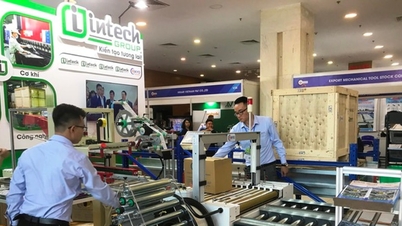









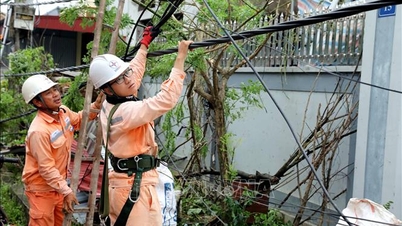
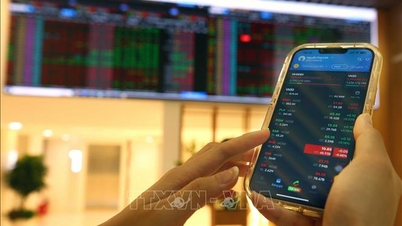
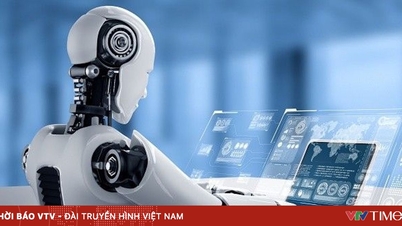

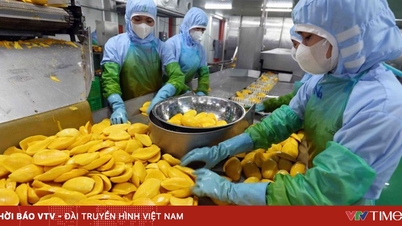
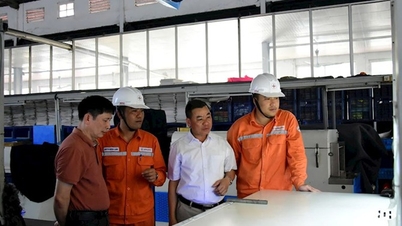









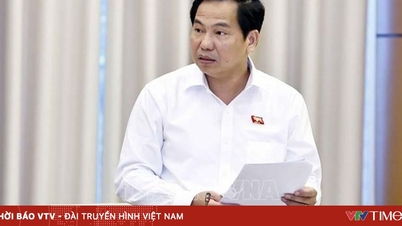
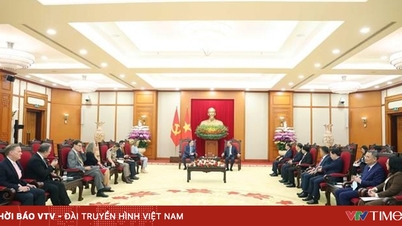
















































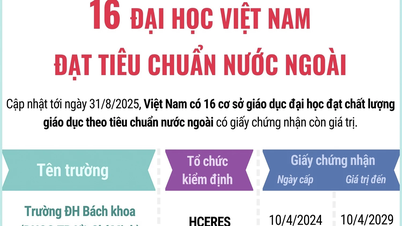





















Comment (0)